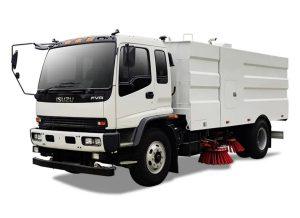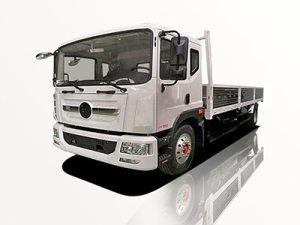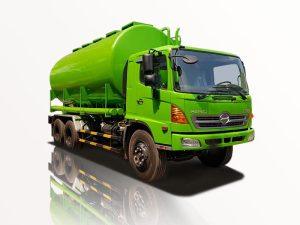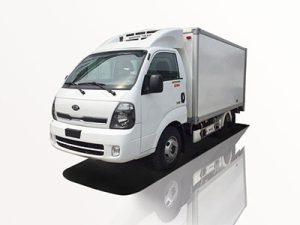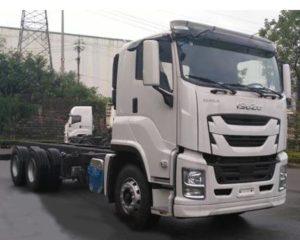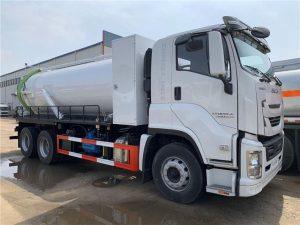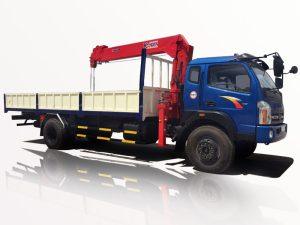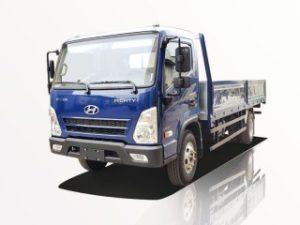Monday to Saturday - 8:00 -17:30
Ultimate Guide to Water Tank Trailers: Everything You Need to Know
Water tank trailers are indispensable tools for transporting water for various purposes, ranging from agricultural irrigation to construction site water supply. In this comprehensive guide, we will explore everything there is to know about water tank trailers, including types, features, uses, maintenance, purchase considerations, and much more. Whether you are a farmer, contractor, or simply someone in need of water transportation solutions, this article will serve as a valuable resource.
Table of Contents
- What is a Water Tank Trailer?
- Types of Water Tank Trailers
- Key Features of Water Tank Trailers
- Common Uses of Water Tank Trailers
- Maintenance Tips for Water Tank Trailers
- How to Choose the Right Water Tank Trailer
- Practical Examples of Water Tank Trailer Applications
- Cost Considerations for Water Tank Trailers
- Frequently Asked Questions
What is a Water Tank Trailer?
A water tank trailer is a specialized trailer equipped with a large water tank. These trailers are designed to transport water for various applications, providing an efficient and mobile solution for individuals and businesses. They are commonly towed by trucks or vehicles, making them versatile for different terrains and settings.
Basic Components of a Water Tank Trailer
- Tank: The primary component that holds the water, typically made of polyethylene, steel, or fiberglass.
- Trailer Frame: A sturdy frame that supports the tank and ensures stability during transport.
- Wheels and Axles: Ensure smooth towing and allow for easy maneuvering.
- Fittings and Hoses: Provide the means to fill and discharge water efficiently.
Types of Water Tank Trailers
Water tank trailers come in various types, designed to meet specific needs. Understanding these types can help you choose the right one for your requirements.
1. Agricultural Water Tank Trailers
Designed primarily for irrigation and livestock watering, these trailers often come with additional features like spray nozzles and hoses for easy distribution.
2. Construction Water Tank Trailers
These are used on construction sites for dust control, equipment cleaning, and more. They are typically equipped with larger capacity tanks.
3. Firefighting Water Tank Trailers
Equipped with pumps and hoses, these trailers are necessary for firefighting efforts, helping to transport water to remote areas quickly.
4. Potable Water Tank Trailers
These are specifically designed to transport clean and safe drinking water, adhering to strict safety standards.
5. Non-Potable Water Tank Trailers
Used for transporting water that is not intended for human consumption, such as for irrigation or construction use.
Key Features of Water Tank Trailers
Knowing the essential features of water tank trailers can help users make informed decisions. Here are some key features to consider:
1. Capacity
Water tank trailers come in various sizes, typically ranging from 100 gallons to over 5000 gallons. Choose a size based on your specific needs.
2. Construction Material
Common materials include polyethylene (lightweight and corrosion-resistant), steel (durable and long-lasting), and fiberglass (chemical resistant).
3. Pumping Mechanism
Many water tank trailers come equipped with automatic or manual pumps for easy loading and unloading of water.
4. Spray Systems
Some trailers may have built-in spray systems for efficient water distribution, particularly useful in agricultural and dust control applications.
5. Additional Accessories
Accessories such as hoses, nozzles, and meters can enhance the functionality of water tank trailers.
Common Uses of Water Tank Trailers
Water tank trailers serve diverse purposes across different sectors. Here are some common applications:
Agriculture
Farmers use water tank trailers for irrigation, transferring water to fields, and supplying drinking water for livestock.
Construction
Used for dust control, cleaning equipment, and emergency water supply, water tank trailers are essential on many construction sites.
Emergency Services
Fire departments and emergency responders use specialized water tank trailers for rapid response to wildfire and other emergencies.
Events
Outdoor events and gatherings often require water for drinking, sanitation, and cleaning, making water tank trailers indispensable.
Maintenance Tips for Water Tank Trailers
Proper maintenance ensures the longevity and efficiency of water tank trailers. Here are some maintenance tips to follow:
1. Regular Inspections
Check the tank, trailer frame, wheels, and hoses periodically for any signs of wear and tear.
2. Cleaning the Tank
Regularly clean the tank, especially if used for potable water, to prevent contamination.
3. Maintain Pump Systems
Check the pump for any clogs or damages and ensure it operates smoothly during use.
4. Store Properly
When not in use, store the trailer indoors to protect it from the elements.
How to Choose the Right Water Tank Trailer
Choosing the right water tank trailer requires thorough consideration of several factors:
1. Determine Your Needs
Assess how you will use the trailer and how much water you need to transport. Consider the frequency of use and the terrain.
2. Evaluate Capacity
Choose a tank size that meets your needs without excess capacity that could lead to wasted space and resources.
3. Inspect Construction Quality
Look for trailers made from high-quality materials that suit your intended use and environmental factors.
4. Investigate Additional Features
Consider if you need pumps, hoses, or spray systems, and ensure the trailer has the necessary amenities.
5. Review Costs
Compare prices from different manufacturers and dealers, but keep in mind that quality should take precedence over cost.
Practical Examples of Water Tank Trailer Applications
| Application | Description | Trailer Type |
|---|---|---|
| Agricultural Irrigation | Transporting water to crops or fields during dry seasons. | Agricultural Water Tank Trailer |
| Construction Dust Control | Misting water to control dust on construction sites. | Construction Water Tank Trailer |
| Firefighting | Rapidly providing water to combat wildfires. | Firefighting Water Tank Trailer |
| Event Water Supply | Providing water for sanitation and drinking at outdoor events. | Potable Water Tank Trailer |
| Public Works | Supplying water for road repairs and maintenance. | Non-Potable Water Tank Trailer |
Cost Considerations for Water Tank Trailers
The cost of water tank trailers can vary based on several factors:
1. Type of Trailer
Different types of water tank trailers come with different price tags based on their features and capacity.
2. Material
The construction material influences costs significantly. Steel trailers tend to be more expensive than polyethylene alternatives.
3. Added Features
Additional features like pumps and spray systems will likely increase the overall cost.
4. Customization
If opting for a custom build, expect higher prices due to tailored specifications.
Frequently Asked Questions
1. How do I maintain my water tank trailer?
Regularly inspect the tank and trailer for wear, clean the tank, maintain the pump, and store it properly when not in use.
2. Can I use a water tank trailer for both potable and non-potable water?
It depends on the specific trailer. Ensure you select one designed for potable water if you intend to transport drinking water.
3. What size water tank trailer do I need?
Your needs will determine the size. Consider how much water you need to transport regularly and the types of applications.
4. How long do water tank trailers last?
With proper maintenance, water tank trailers can last many years, with some high-quality models lasting over a decade.
5. Are there regulations for transporting water?
Yes, regulations vary by location, especially for transporting potable water. Check local laws to ensure compliance.
6. What should I do if I have a leak in my water tank trailer?
Identify the source of the leak, drain the tank, and repair it using appropriate sealants or replace damaged sections as needed.


